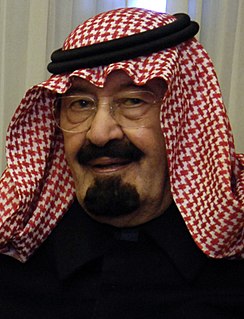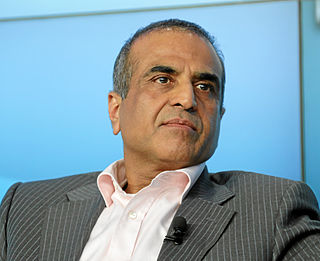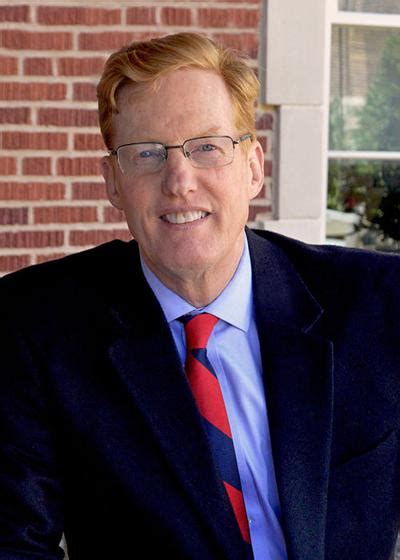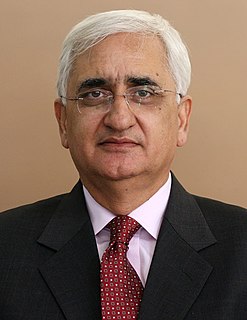A Quote by Mohammad bin Salman
What happened in the region in the last 30 years is not the Middle East. After the Iranian revolution in 1979, people wanted to copy this model in different countries; one of them is Saudi Arabia. We didn't know how to deal with it. And the problem spread all over the world.
Related Quotes
New security architecture is being laid down in the Northern Middle East, Lebanon, Syria, Iraq, in which pro-Iranian governments are consolidating their grip on the territory and they're backed by Russia, to a large degree. And this has caused great grief and consternation in Saudi Arabia and amongst many of the United States' allies, Israel, the Gulf countries, Turkey, because they see this new architecture of security and Iranian influence and Russian influence as something that's very bad for them.
If I look at the really important questions in [Middle East] region, I see Iran, where there is a strong desire for a freer society and where people are repressed by a small group of ayatollahs. I see Syria, where we can see a similar desire of the people to be free. These two countries fund Hezbollah and other terrorist organizations and are hurting our efforts in Afghanistan and have been extremely harmful in Iraq. Then I also see large, important countries such as Egypt and Saudi Arabia.
When the Islamic revolution began in 1979 under the leadership of Ayatollah Khomeini, it aroused considerable admiration in the Arab street. It presented a model of organised popular action that deposed one of the region's most tyrannical regimes. The people of the region discerned in this revolution new hope for freedom and change.
Sadly, a U.S. invasion of Iraq 'would threaten the whole stability of the Middle East' - or so Amr Moussa, secretary-general of the Arab League, told the BBC on Tuesday. Amr's talking points are so Sept. 10: It's supposed to destabilize the Middle East. The stability of the Middle East is unique in the non-democratic world and it's the lack of change in Iraq, Iran, Saudi Arabia, Syria, Egypt that's turned them into a fetid swamp of terrorist bottom-feeders.
Without a deal [with Iran], the international sanctions regime will unravel with little ability to reimpose them. With this deal, we have the possibility of peacefully resolving a major threat to regional and international security. Without a deal, we risk even more war in the Middle East and other countries in the region would feel compelled to pursue their own nuclear programs, threatening a nuclear arms race in the most volatile region in the world.
After the revolution of 1979, Iran embarked on a policy of sectarianism. Iran began a policy of expanding its revolution, of interfering with the affairs of its neighbors, a policy of assassinating diplomats and of attacking embassies. Iran is responsible for a number of terrorist attacks in the Kingdom, it is responsible for smuggling explosives and drugs into Saudi Arabia. And Iran is responsible for setting up sectarian militias in Iraq, Pakistan, Afghanistan and Yemen, whose objective is to destabilize those countries.
India considers Saudi Arabia a center of stability in the region. The security and stability of the Gulf region and that of the Indian subcontinent are interlinked. Bilateral security cooperation between India and Saudi Arabia will contribute to regional stability and in addressing the common threat of terrorism in the region.
For three years now, probably more, there is a clear common interest developed between Israel and the leading Sunni moderate entities. The Emirates, Saudi Arabia, Egypt, Jordan. And the common interest is to block radical Muslim terror, to counter the Iranian hegemonic and nuclear intentions, and to join hands in a huge infrastructure project from water, energy, transportation, whatever, in the whole Middle East.






































